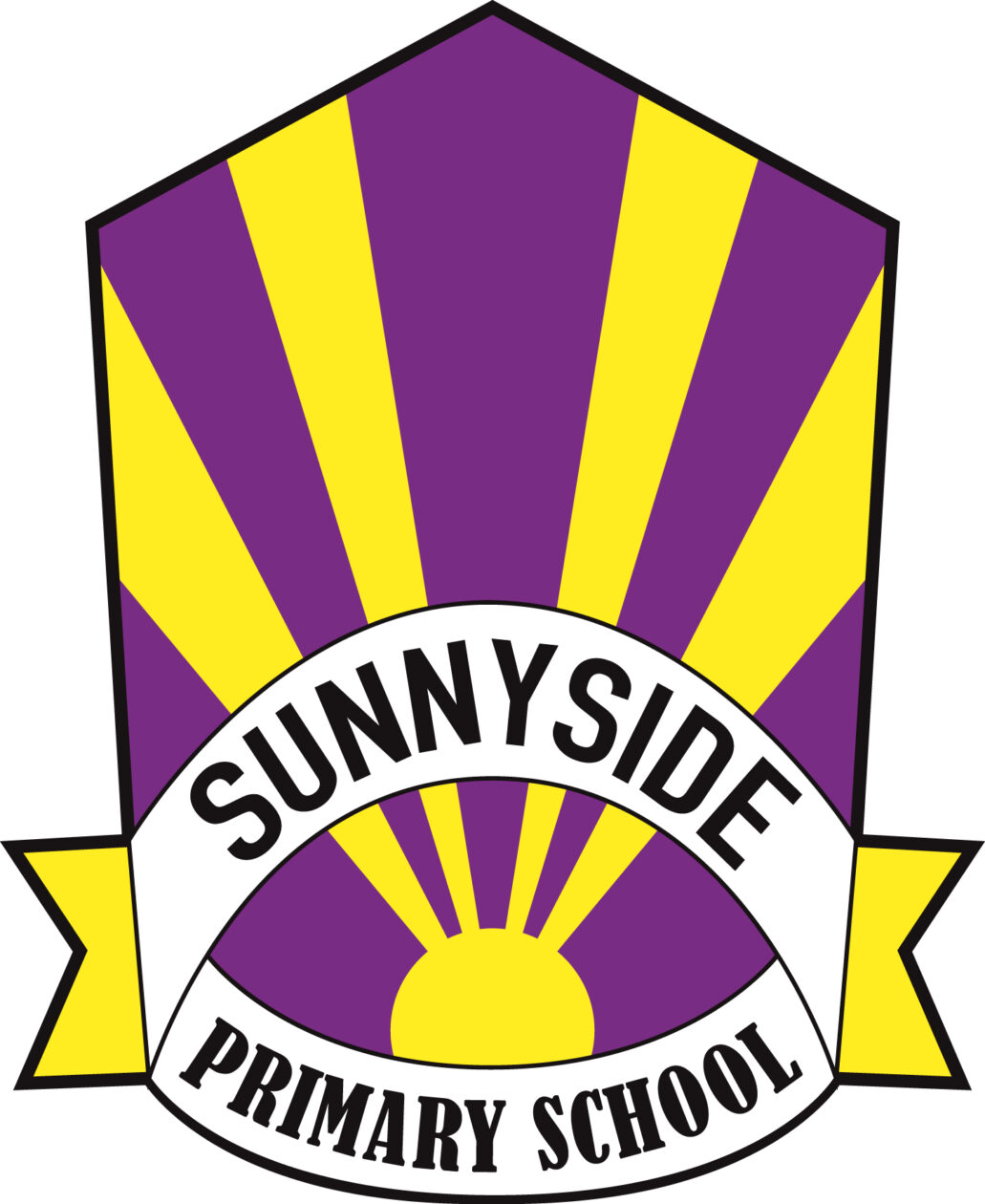Curriculum for Excellence places learners at the heart of their education. At its centre are four fundamental capacities. These capacities reflect and recognise the lifelong nature of education and learning. The four capacities are aimed at helping children and young people to become:
Through the experiences we provide at Sunnyside Primary School, we encourage every learner to develop these capacities as we want our children to become Successful Learners, Confident Individuals, Responsible Citizens and Effective Contributors. We are committed to providing children with a broad general education and focus on eight curriculum areas with our conservation curriculum integrated throughout them.
| Expressive Arts | Health & Wellbeing | Languages | Mathematics |
| Religious & Moral | Sciences | Social Studies | Technologies |
Progress in learning is indicated through curriculum levels as detailed below.
| Level | Stage |
| Early | The pre-school years and P1 or later |
| First | To the end of P4, but earlier or later for some |
| Second | To the end of P7, but earlier or later for some |
| Third & Fourth | S1-S3, but earlier for some |
Expressive arts: The arts play a vital role in enabling our children and young people to enhance their creative talent and develop their artistic skills. Through opportunities like class assemblies and our annual nativity, our children are encouraged to express themselves creatively.
Health and Wellbeing: Learning in health and wellbeing ensures that children and young people develop the knowledge, understanding and skills which they need now and in the future to help them with their physical, emotional and social wellbeing. We follow the PAths and RSHP resources to educate our young people and develop their social and emotional literacy.
Science: Science and its practical application in healthcare and industry is central to our economic future, for our health and wellbeing as individuals and as a society. We integrate STEM opportunities for our children to explore and discover different areas in science and technology.
Social Studies: Through social studies, children and young people develop their understanding of the world by learning about other people and places both past and present, societies, their beliefs and values. Through interdisciplinary learning, our children investigate topic areas which provide insight into parts of their world.
Religious and moral education: Religious and moral education includes learning about Christianity, Islam and other world religions, and supports the development of beliefs and values, to create an inclusive understanding of life.
Languages: Knowing other languages and understanding other cultures is a 21st century skill set for students as they prepare to live and work in a global society. All children are encouraged to participate in learning about language and culture.
Mathematics: Mathematics equips us with the skills we need to interpret and analyse information, simplify and solve problems, assess risk and make informed decisions. Our pupils are guided to learn and build on their knowledge of numbers through different contexts.
Technologies: The range of subjects in technical education has changed significantly over the last two decades and now includes craft, design, engineering and graphics.
There will be opportunities throughout the year for parents and carers to learn more about aspects of the curriculum and to be consulted about significant changes if appropriate.

